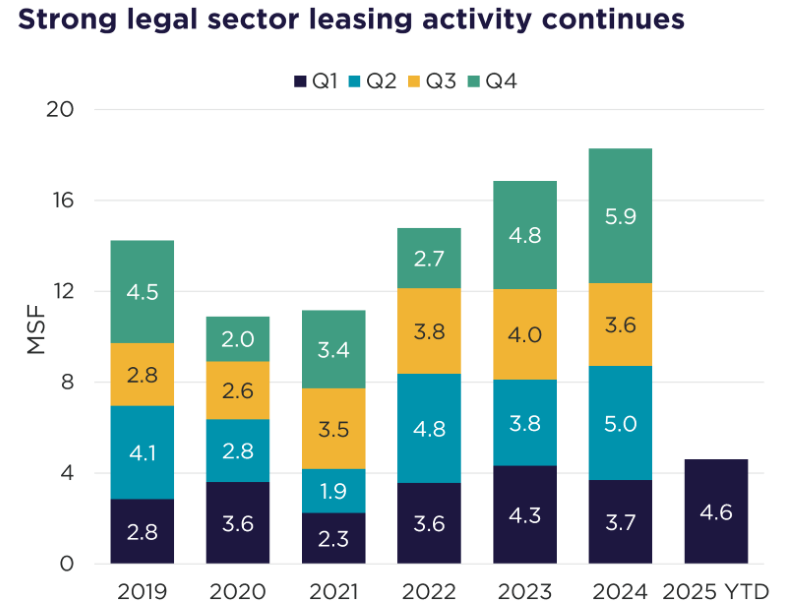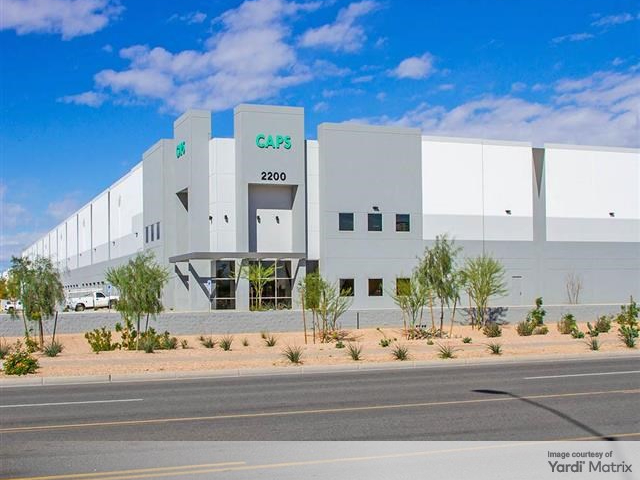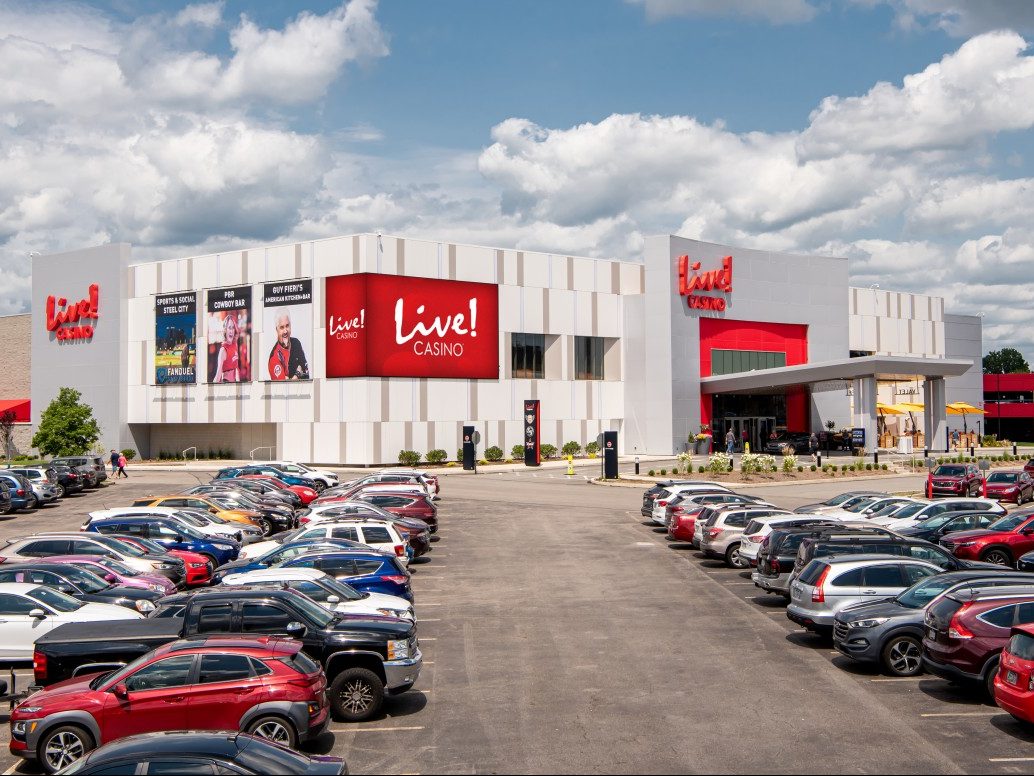Movement to License, Regulate Mortgage Brokers Gathers Steam
The Senate Banking Committee yesterday passed The Federal Housing Finance Regulatory Reform Act of 2008, one provision of which would set up “a licensing system for all loan originators to help standardize requirements for mortgage brokers and ensure that they meet minimum educational and performance standards,” according to a summary from the committee. If enacted…
The Senate Banking Committee yesterday passed The Federal Housing Finance Regulatory Reform Act of 2008, one provision of which would set up “a licensing system for all loan originators to help standardize requirements for mortgage brokers and ensure that they meet minimum educational and performance standards,” according to a summary from the committee. If enacted into law, the bill would, according to a Reuters report, require mortgage brokers to be licensed by state regulators and fingerprinted by the FBI. In addition, the bill endorses the Nationwide Mortgage Licensing System, a program by the Conference of State Bank Supervisors that would centralize and streamline application and enforcement information on state-licensed mortgage lenders, brokers and loan officers. The American Association of Residential Mortgage Regulators is also backing the NMLS. Tim Doyle, vice president of the CSBS, told CPN today that 30-some states currently require residential loan officers to be licensed. The Senate bill, if passed, would set minimum requirements for those licenses in all 50 states, with HUD given the authority to determine if the federal requirements were being met by an individual state’s regulations. “The trend at the state level,” he said, “is to move toward better regulation of mortgage brokers,” and the proposed federal law “establishes a floor.” NMLS supports the states by functioning as a “back office processor,” Doyle explained. State regulatory agencies will retain their authority to approve, deny, suspend or revoke licenses, and state-specific licensing requirements, such as surety bonds, will be handled outside NMLS. To get a state license, the Senate bill would require a loan originator or mortgage broker to have at least 20 hours of specialized education, then pass a written test, Doyle said. Maintaining the license would require eight hours of continuing education each year. Banks with subsidiaries in several states could get their employees who are involved in mortgage lending licensed by a federal banking regulator, according to Reuters. Planning for NMLS actually began before the subprime mortgage meltdown, Doyle said. About four years ago, CSBS started noticing a rising tide of consumer complaints about fraud or misrepresentation by mortgage brokers and loan originators. Though some of these individuals were disciplined by their respective states, they generally found it easy to move to another state and go back into business, an escape route that NMLS is intended to close.






